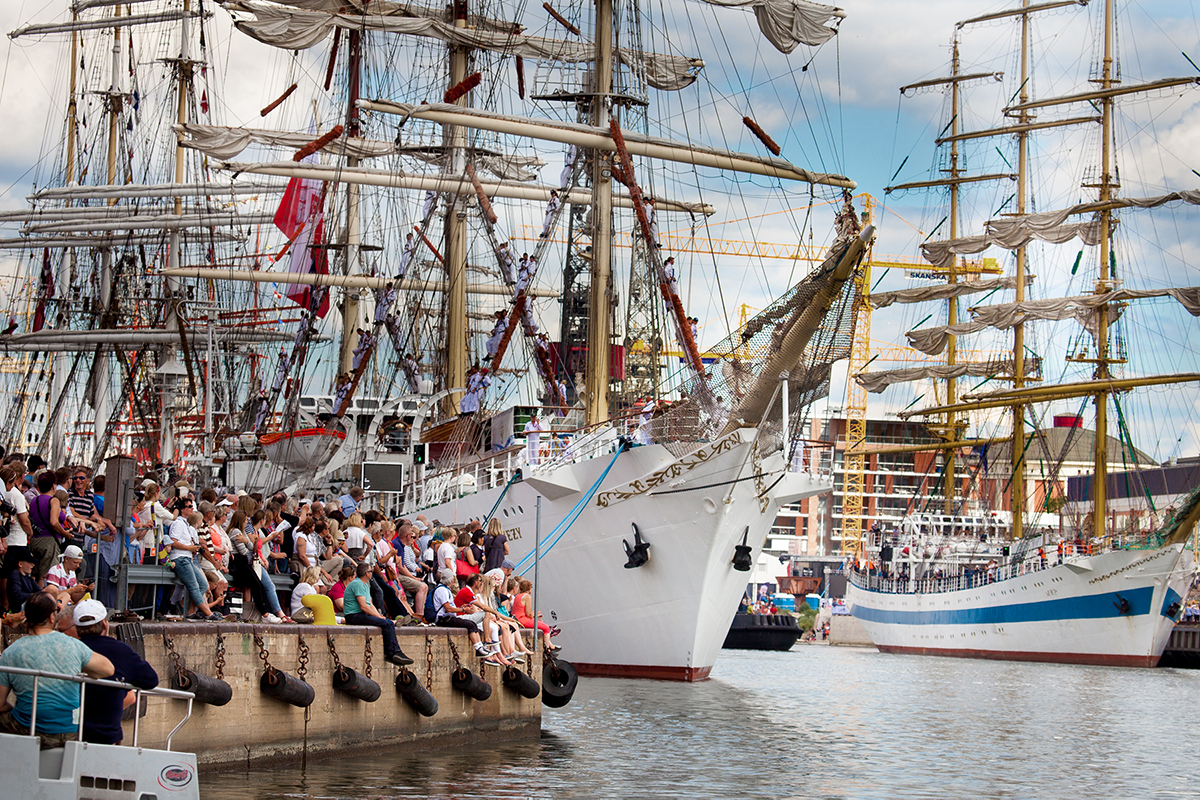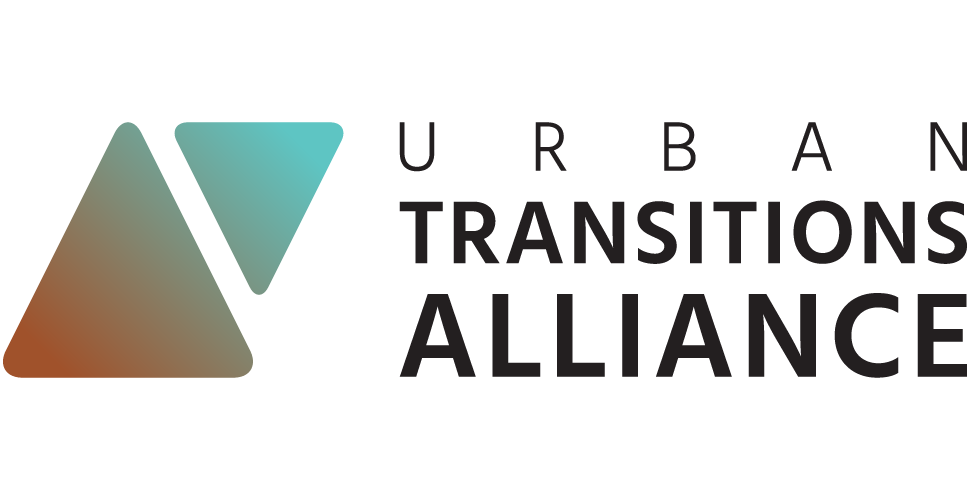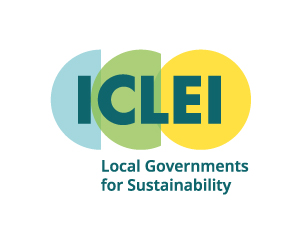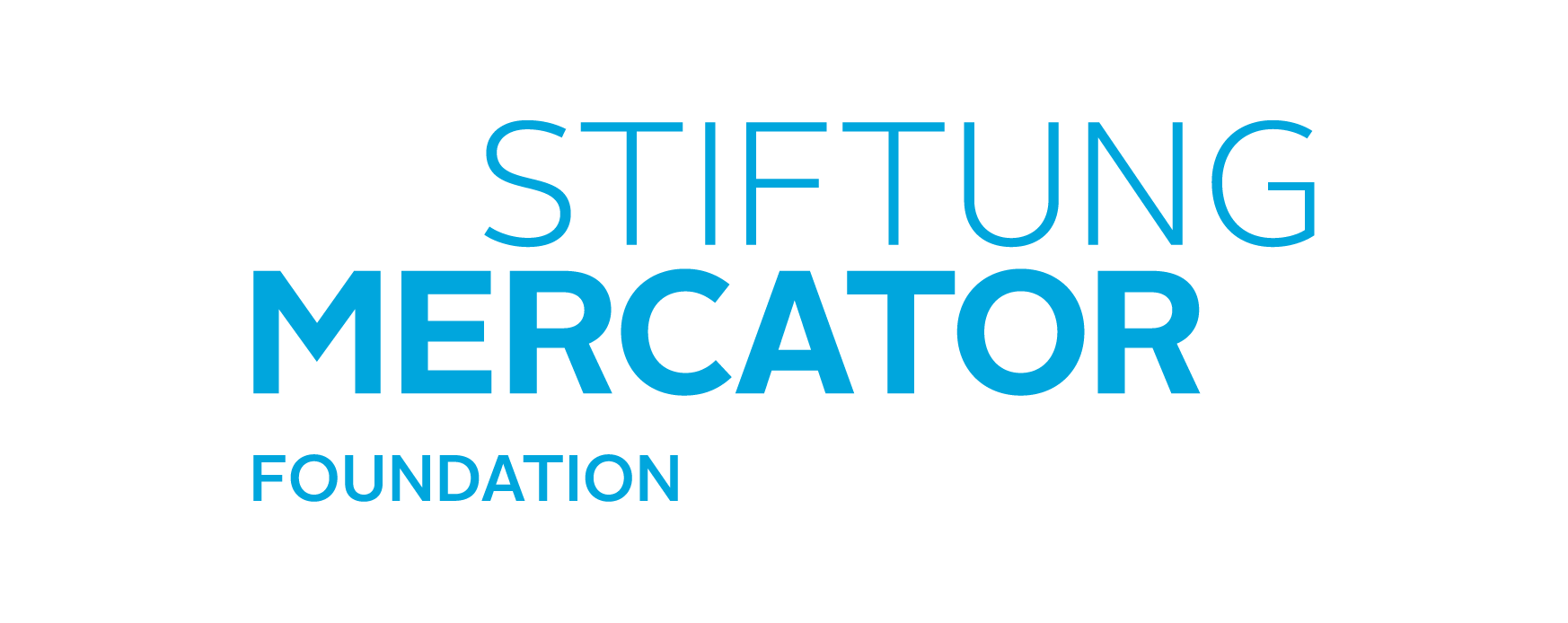Turku
Finland
Industrial Legacy
Turku is the oldest city in Finland. It was founded in the 13th century, when Finland was part of the Kingdom of Sweden. As a port city and a central trade point in Europe, the history of Turku is rooted into the development and growth of its manufacturing and maritime industry, which have been pivotal in the economic development of the country. Traffic routes from all over the country crossed Turku. The most important of these routes was the sea lane from river Aura connecting Finland to the rest of Europe. Until the 1960s, the Aura River was heavily polluted by surface runoff and ineffective wastewater systems. The restoration of the Aura River then marked the beginning of ambitions environmental efforts in Turku.
Unlike other Alliance cities, Turku did not develop by transitioning from one type of industry to another. This is evident from the type of industries that dominate the region’s current economy. Having existed for centuries, the foundational industries – manufacturing, maritime, and creativity – continue to grow and still form the basis of the economy. These industries thrive on exports, products and services originating from the Turku region. The historical trade route formed by Stockholm, Turku, Helsinki and St. Petersburg remains significant even today, above all as a corridor of expertise-based growth and development and as a concrete logistical passage between East and West.
Turku has become a hub for innovation and clean tech. The city’s spearhead project, Turku Business Region, is the most dynamic cluster of business and innovation activities in Finland. The cluster is a hotspot for innovation in the maritime and manufacturing sector. It also focuses on bio- and circular economy technologies as well as innovation linked to health, well-being and culture.
Culture is a big part of Turku’s attractiveness. In 2011, the city became the European Capital of Culture, with most of the cultural activities of the year taking place in a larger railway workshop that had remained vacant until then. The former industrial hall, renamed Logono, is now a center for culture, arts and the creative economy.
Transition Barriers
Maintaining social cohesion and avoiding exclusion is increasingly becoming a challenge. Having been a mostly homogenous city, the diversification of the population through immigration, age gaps, and different group identities threatens the equality that is characteristic of the Finnish society.
The growing importance of services and smart technology has created a severe shortage of engineers, coders and top professionals in technology fields.
The city needs to prepare for the increasing possibility of storms and floods, rising sea level and forest fires. The condition of the Baltic Sea – especially the Archipelago area – is an environmental concern with many consequences also to economic livelihoods in fields such as tourism, recreation and fishing.
Sustainable Future
The objective of the city of Turku is to become carbon neutral by the year 2029, when the city will celebrate its 800th anniversary. To achieve this goal, the greenhouse gas emissions in Turku region will be cut by at least 80 percent by 2029 compared to the 1990 level and the city will compensate for any remaining emissions. The city is therefore heavily investing in decarbonization measures and carbon sinks.
A particular focus is placed on redesigning the historic city center to make it more conducive of soft mobility and of social cohesion. Turku places a strong emphasis on involving residents in taking climate positive actions in their everyday lives.

In parallel, the city of Turku has been focusing on supporting circular economy initiatives at the regional level. As the principal owner of the non-profit company Turku Science Park Ltd, the city of Turku has been supporting a number of private sector circular economy initiatives in the region. An example is the Smart Chemistry Park, an innovation platform and cluster for start-ups and SMEs delivering solutions to bio-, and circular economies and cleantech. The city is now working with regional actors to co-design a roadmap towards circularity by 2021, with the aim of achieving zero waste and reduce substantially its ecological footprint by 2040.
For this roadmap as for other sustainability projects, the city prioritizes long-term collaboration with a wide range of different actors, especially from business and academia.
Turku is historically an academic city and it aims to be the best student city in Finland. It was home to Finland’s first university and now welcomes over 40,000 students. The strong links between academia and the city have been a success factor for innovation activities that foster sustainability in the region.


